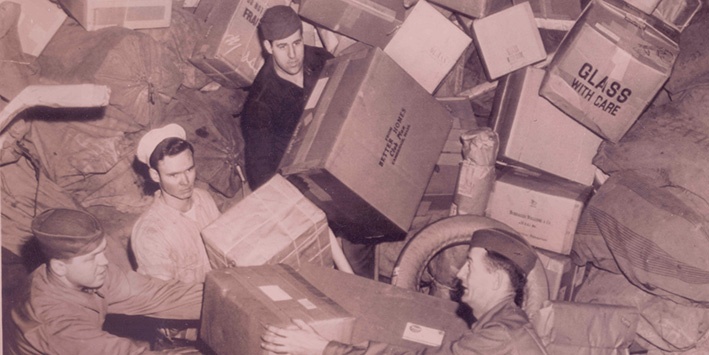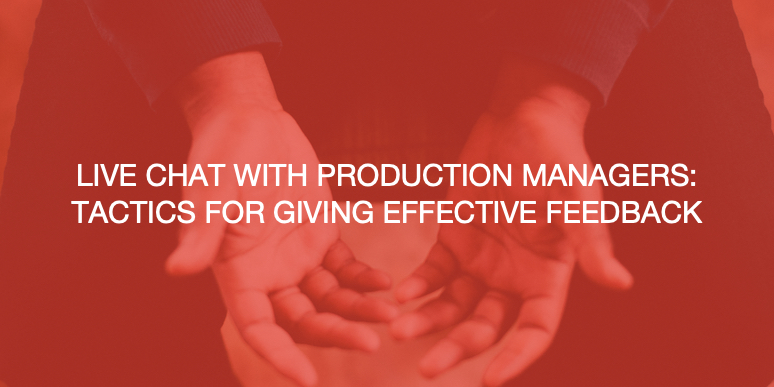
One of the most challenging responsibilities an event planner has is managing a group of volunteers. On the surface, it may seem easy. It’s all “People Management,” so drop them into the same bucket with your staff and you’re done. Not so fast. Handling volunteers is drastically different. From demands to expectations to requirements, you’ll need a gameplan that speaks directly to their needs. Let’s breakdown the basics: who they are, what they do and what challenges arise. In no time, you’ll have a clear plan on how to successfully manage them at your next event.
1. What are Volunteers?
A “volunteer” is defined as, “A person who freely offers to take part in an enterprise or undertake a task.” In other words, willing to help you execute an event with no expectation of compensation. But when you take a closer look at the both the decision to volunteer and a company’s use of volunteers, it becomes much more complicated.
2. Volunteers Are the “Gateway to Community”
A volunteer is never simply someone with time on their hands. They are dedicated individuals, giving of their time to causes, projects, or companies they support. Idealist highlights the importance of volunteers in almost every operational effort of a business: marketing, finance, you name it. And the Corporation for National and Community Service has shown significant correlation between high levels of volunteerism and the general health of the communities and local businesses in which such efforts are expended. So remember: your volunteers not only choose to work at your specific event, they choose to actively lift the broader economy.
3. They Present Unique Logistical and Planning Challenges
Even the most dedicated volunteers are still external to your event company. You may feel like your regulars are part of the team. Especially if you work with the same people again and again. But they aren’t. They aren’t employees and therefore event managers must always use caution when making demands. Similarly, you have less control over the skill set of your volunteers. This may come into play if there is an emergency or contingency plan that needs to be executed. If you’re lucky, you’ve got a glut to choose from and you can match volunteers specifically to certain roles. More often than not, you’re taking what you can get. This leads you to fill slots rather than find the right people. The work seems easy so you aren’t being picky. But the attendees don’t know that. The attendees assume everyone working your event is experienced, capable of handling the logistics, and thoroughly vetted. How often do you ask for references from a volunteer?
4. Reset Your Expectations
As noted, you simply can’t make the same demands of a volunteer that you would of an employee. Adjust the expectations and responsibilities of the role to better match up with more reasonable requests.
5. Bring in More than Your Minimum
Assume some people will call in, not show, or need to reschedule. While most are incredibly professional once they commit, they’re still volunteering. They may have other obligations that take priority. Both sides understand this dynamic. Cover your butt. Find more people than you need so that if this scenario happens, you aren’t left short-handed.
6. Professionalism, Respect, Training – Same as Your Staff
Here’s an area where you should definitely be treating volunteers the same as staff. Just because you aren’t paying them doesn’t mean you should ignore your due diligence. Conduct interviews. Do background checks. File paperwork, on-board them to your company and event, and train them if necessary. At the very least, provide signed agreements and copies of your code of conduct. Detail the relationship between the parties (your company and each volunteer) and set forth your expectations. For event managers who frequently hire freelancers, this will seem like a familiar practice. It’s always good to fill your address book with responsible, trustworthy people you’ll want to call again and again.
7. Show Them Some Love
They are certainly showing some to you. Why not return the favor? Many volunteers sign up for shifts because they have some existing affinity for the brand or type of work. Recognize it. Ask them if they have questions. Answer them if you can. Teach them something more about your company, the event planning process, or the production. Something more than they could read about online. Thank them for their time. As with your crew, the more respect and care you show your volunteers, the more likely they are to do a better job and want to work for you again.
If you manage them well, your volunteers can seem like a natural extension of your event team, freeing you to focus on more intricate challenges. But you have to do your homework. Set your expectations, define your roles, and treat them with respect. Not only will you grown your own event business, you’ll find yourself playing a vital role supporting the greater event community.
How do manage your volunteer shifts? Share your process with us in the comments below.



